Lemon Balm Companion Vegetables: The Ultimate Guide
Lemon Balm Companion Vegetables: The Ultimate Guide
Lemon balm (Melissa officinalis) is a perennial herb that is native to Europe and Asia. It has a lemony aroma and flavor, and is used in cooking, tea, and essential oils. Lemon balm is also a popular herb for companion planting, which is the practice of planting certain plants together to benefit each other.
There are many vegetables that make good companion plants for lemon balm. Some of the best include:
- Tomatoes: Lemon balm can help to repel tomato hornworms and other pests. It can also improve the flavor of tomatoes.
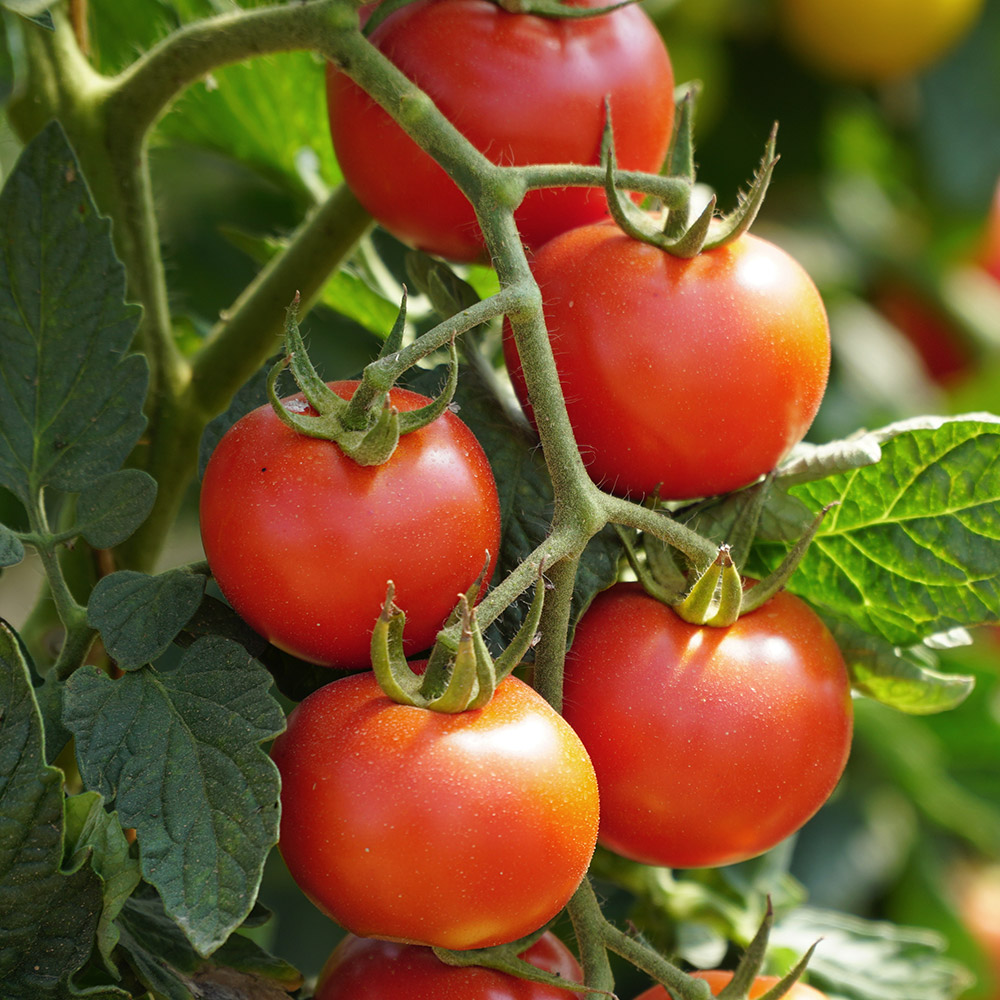
- Broccoli: Lemon balm can help to repel cabbage moths and other pests. It can also improve the growth of broccoli.

- Cabbage: Lemon balm can help to repel cabbage moths and other pests. It can also improve the taste of cabbage.
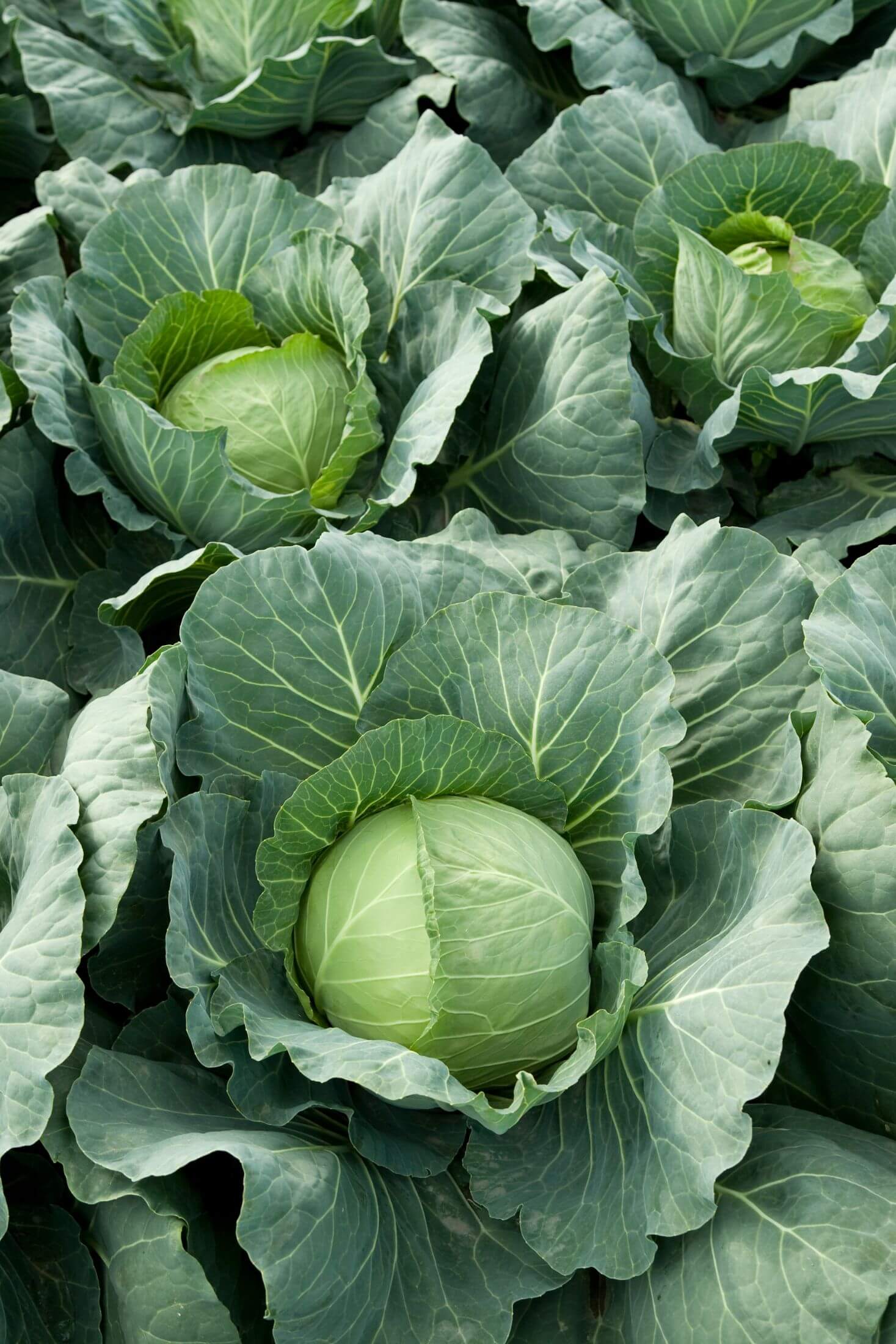
- Squash: Lemon balm can help to repel squash bugs and other pests. It can also improve the growth of squash.
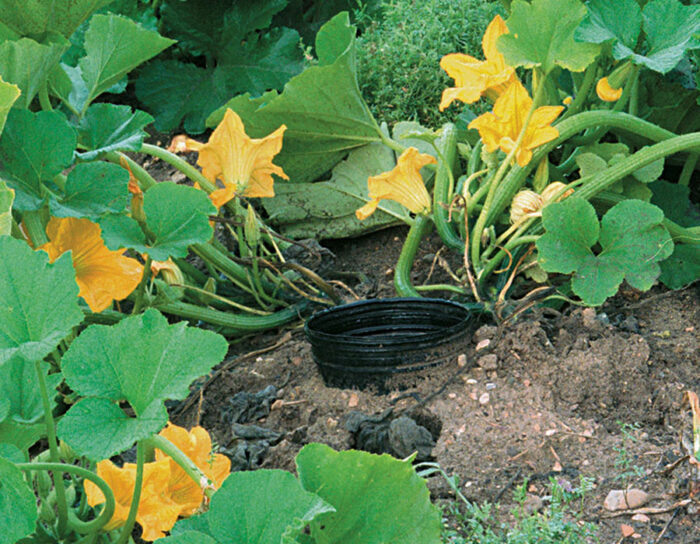
- Melons: Lemon balm can help to repel pests such as cucumber beetles and melon flies. It can also improve the flavor of melons.
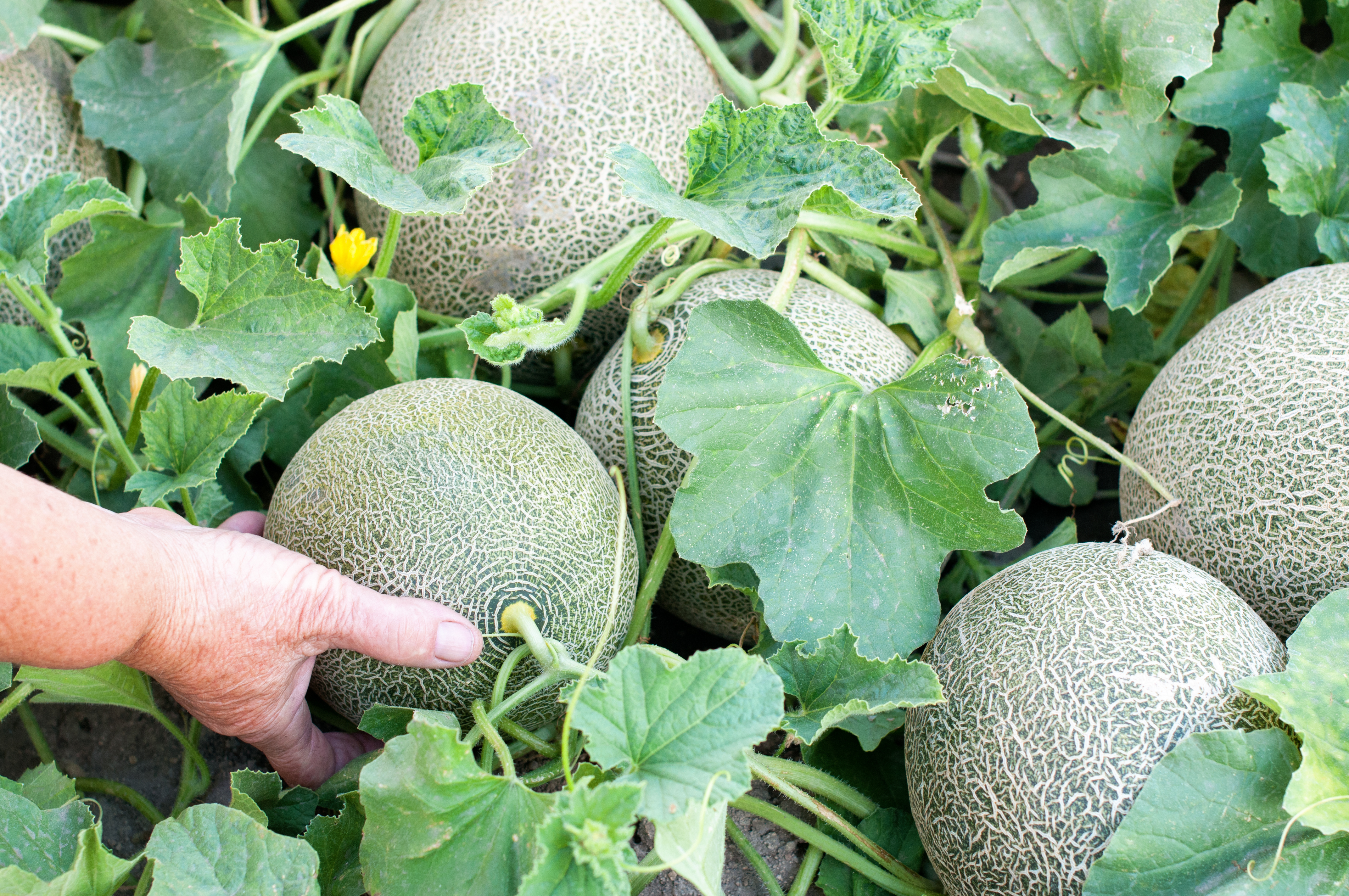
- Dill: Dill and lemon balm are both members of the mint family, and they grow well together. Dill can help to attract pollinators, which can benefit lemon balm.
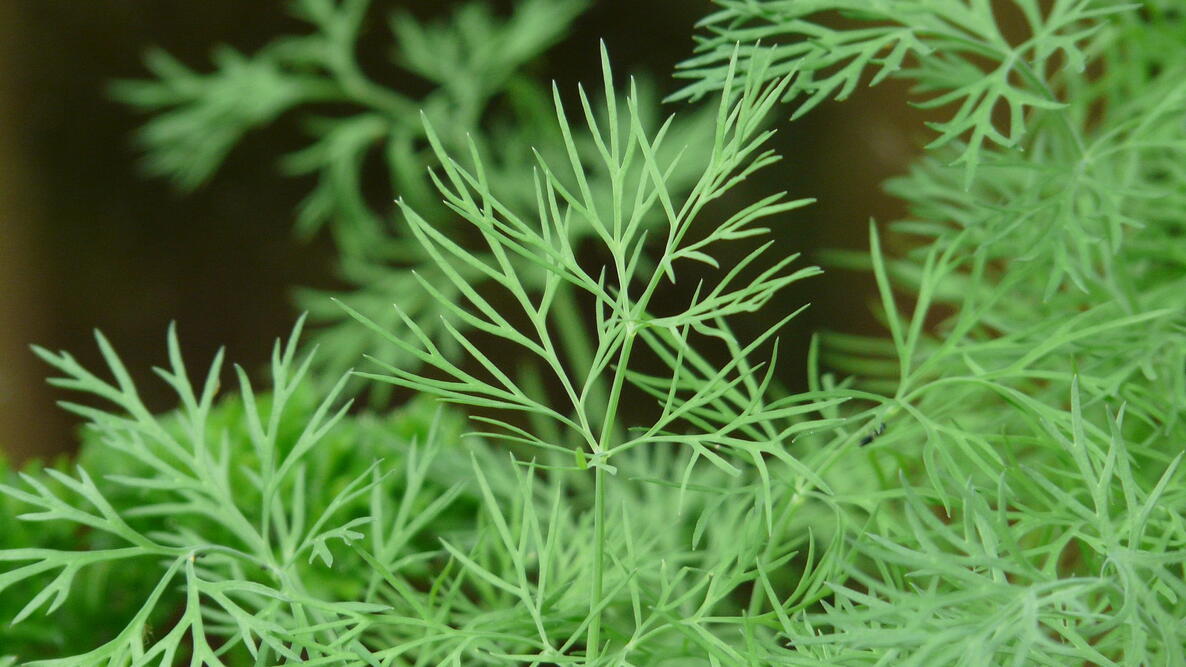
- Basil: Basil and lemon balm are both herbs that are used in cooking, and they can be planted together to save space in the garden. Basil can help to repel pests such as mosquitoes and aphids, which can benefit lemon balm.

- Peas: Peas and lemon balm can be planted together to help improve the nitrogen levels in the soil. This can benefit both plants.
- Carrots: Carrots and lemon balm can be planted together to help deter pests such as carrot flies.

In addition to these vegetables, lemon balm can also be planted with other herbs such as lavender, mint, rosemary, and sage. These herbs can help to repel pests and attract pollinators, which can benefit lemon balm.
When planting lemon balm with other plants, it is important to consider the size and growth habit of each plant. Lemon balm can be a large plant, so it is important to plant it with other plants that have similar growth habits. It is also important to plant lemon balm in full sun.
Lemon balm is a relatively easy plant to care for. It needs regular watering, but it is not tolerant of wet soil. It also needs to be fertilized regularly. Lemon balm can be propagated from seed or from cuttings.
If you are looking for a way to improve the growth and health of your vegetables, consider planting lemon balm with them. Lemon balm is a beneficial companion plant that can help to repel pests, attract pollinators, and improve the flavor of your vegetables.
Lemon balm is a versatile herb that can be used in a variety of ways, from cooking to tea to essential oils. It's also a great companion plant for vegetables, as it can help to repel pests and attract pollinators.
Some of the best companion vegetables for lemon balm include:
- Dill: Dill helps to attract beneficial insects, such as ladybugs and lacewings, which can help to control pests. Gardenia Inspiration
- Basil: Basil and lemon balm are both members of the mint family, and they complement each other well. Basil can help to improve the flavor of lemon balm, and lemon balm can help to deter pests from basil.
- Squash: Squash and lemon balm are both heavy feeders, so they can benefit from being planted together. Lemon balm can also help to repel squash bugs.
- Broccoli: Broccoli and lemon balm are both susceptible to cabbage moths, so planting them together can help to deter these pests.
- Tomatoes: Lemon balm can help to improve the flavor of tomatoes, and it can also help to repel aphids and whiteflies.
If you're looking for more information about lemon balm companion vegetables, I recommend visiting Gardenia Inspiration. This website has a comprehensive list of companion plants for lemon balm, as well as information on how to plant and care for this versatile herb.
FAQ of lemon balm companion vegetables
- What are some good companion vegetables for lemon balm?
- Lemon balm is a member of the mint family, so it does best when planted with other plants that have similar growing conditions. Some good companion vegetables for lemon balm include:
- All members of the cabbage family (broccoli, cauliflower, kale, Brussels sprouts, etc.)
- Tomatoes
- Melons
- Winter and summer squash
- Apples
- Kiwi
- Onions
- Fennel
- Basil
- Rosemary
- Sage
- What are the benefits of companion planting with lemon balm?
- Lemon balm has a strong, citrusy aroma that deters pests such as cabbage moths, mosquitoes, and gnats. It can also help to attract beneficial pollinators, such as bees and butterflies.
- Companion planting with lemon balm can help to improve the overall health and productivity of your garden. For example, lemon balm can help to improve the soil quality by attracting earthworms and other beneficial microorganisms.
- Lemon balm is a relatively easy plant to grow, so it is a good choice for beginner gardeners.
- How far apart should I plant lemon balm and its companion vegetables?
- The exact spacing requirements will vary depending on the specific plants involved. However, as a general rule of thumb, you should space lemon balm plants at least 18 inches apart. Companion vegetables should be spaced according to their individual requirements.
- What are some tips for planting lemon balm with companion vegetables?
- When planting lemon balm with companion vegetables, it is important to choose plants that have similar growing conditions. You should also consider the size and growth habit of each plant when determining where to plant them. For example, if you are planting lemon balm with tomatoes, you should plant the lemon balm in the back of the garden so that the tomatoes do not shade it out.
- It is also important to water lemon balm and its companion vegetables regularly. Lemon balm is a relatively drought-tolerant plant, but it will benefit from regular watering, especially during hot, dry weather.
- Finally, you should fertilize lemon balm and its companion vegetables regularly. A balanced fertilizer, such as a 10-10-10 fertilizer, will help to promote healthy growth.
- What are some common problems that can occur when planting lemon balm with companion vegetables?
- One common problem that can occur when planting lemon balm with companion vegetables is that lemon balm can become invasive. To prevent this, it is important to plant lemon balm in a container or to contain its growth with a root barrier.
- Another common problem that can occur is that lemon balm can attract pests. If you notice any pests, you can treat them with an organic pesticide, such as neem oil or insecticidal soap.
Image of lemon balm companion vegetables
- Lemon balm and tomatoes: Lemon balm helps to repel tomato hornworms and other pests, and it also attracts pollinators.
- Lemon balm and basil: Basil and lemon balm are both members of the mint family, and they grow well together. They also have complementary flavors, so they can be used together in cooking.

- Lemon balm and broccoli: Lemon balm helps to repel cabbage moths and other pests that can damage broccoli.

- Lemon balm and squash: Lemon balm helps to repel squash bugs and other pests that can damage squash plants.

- Lemon balm and carrots: Lemon balm helps to repel carrot flies and other pests that can damage carrot plants.
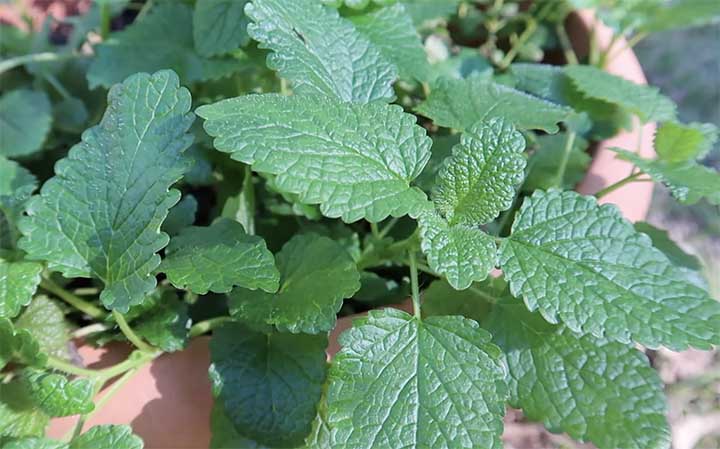
Post a Comment for "Lemon Balm Companion Vegetables: The Ultimate Guide"